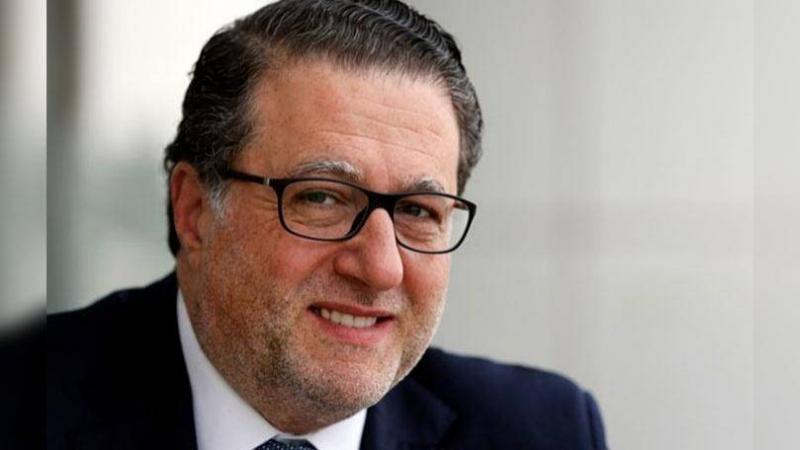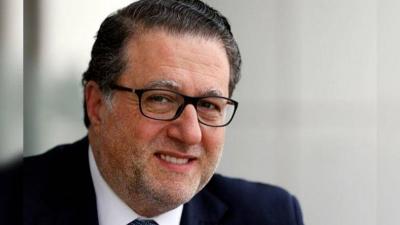"Lebanon is a small country; merely injecting some funds into it achieves rapid economic recovery," says former Minister and head of the Economic Bodies, Mohammad Shuqair, who calls through "Al-Markaziya" for “taking lessons from the results of the parliamentary elections and for the obstructive political team to heed this and respect the laws and developmental and reform projects for the country.” He considers it “good that the electoral entitlement, which attracted international attention, has been accomplished to showcase Lebanon’s seriousness and responsibility towards its constitutional obligations,” congratulating the Prime Minister and the Minister of Interior for their success in completing it.
He states: “The country can only be managed through consensus; all parties are compelled to set aside differences and sit together at the table to address the financial, social, and economic files... If the disruption continues, everyone will certainly lose. People, as we have noticed, have started playing a role of accountability and questioning.”
In this context, Shuqair points out the "urgent financial and economic demands waiting for the new parliament and the upcoming government," the first of which is the approval of laws that the International Monetary Fund has conditioned for disbursing the necessary funds, noting that Lebanon will not return to the path of recovery unless a final agreement is signed with the IMF. Before this signing, he states that the approval of the budget draft, the capital control law, and banking secrecy is required, followed by implementing reforms in stages, which will be subject to review and accountability every three months to bolster Lebanon with the promised funds... “If the state falls short in reforms, there will be no international aid, and the international community will not stand by Lebanon at all... This matter is very serious.”
Regarding depositors’ funds, Shuqair reminds that "the economic bodies had previously expressed their objections to the government's recovery plan," revealing an "alternative plan" that the bodies have been working on for over a month, "which we will soon present to the new parliament and the new government if formed, and then to the international community and the IMF. This plan will preserve the rights of everyone." He adds, “Therefore, we call for an end to the biddings being launched from here and there on this topic before and after the elections, and to maintain electoral silence until the 2026 elections.”
He points out that "the state is not poor; it has sufficient institutions and real estate and has its own signatory... If it carried out a small number of land reclamation projects similar to 'Marina' and Beirut Water Front, it would achieve profits of about 15 to 20 billion dollars..." He confirms, "We do not want to sell state institutions and real estate at all; all we ask for is to establish a sovereign fund where the private sector manages these institutions, then the state's income will multiply, enabling it to compensate depositors’ funds."
Regarding the shortage of foreign currency reserves at the Banque du Liban affecting support for a large number of economic sectors and lending to them, Shuqair reveals that some bank owners have stated, “If laws protecting fresh money are approved, we are ready to secure loans for the private sector, and we have the money to do so, ranging between one billion and two and a half billion dollars.’”
While he believes that “Lebanon is a small country, merely pumping in some funds achieves rapid recovery,” he emphasizes:
- Investment of two to three billion dollars in limited marine reclamation projects will invigorate the country’s economy.
- Stopping biddings in the investigations of the Beirut port explosion, where one billion and one billion three hundred million dollars, if paid by insurance companies, would be sufficient to rebuild Beirut.
- Approving the new customs law, which did not pass when he was a minister, as it takes a bit of authority from the Director General of Customs. This law generates more customs revenues amounting to about one billion two hundred million to one and a half billion dollars. Assuming it contributed half of this amount to the treasury today, we would achieve between 600 and 700 million dollars.




